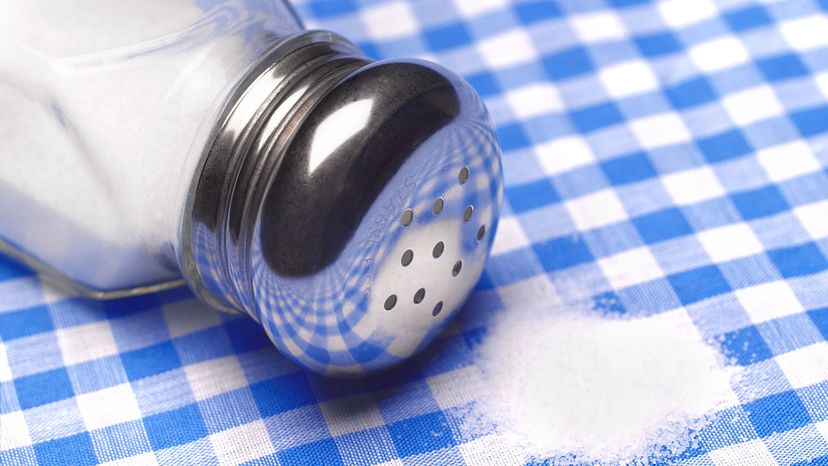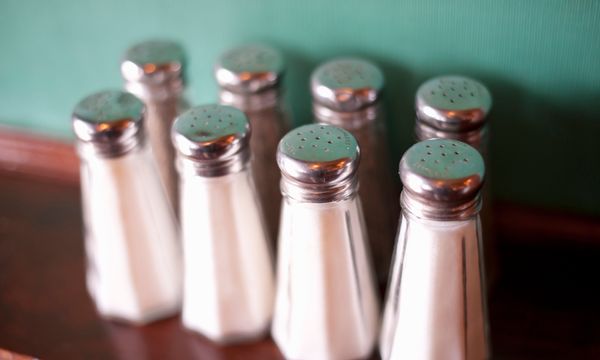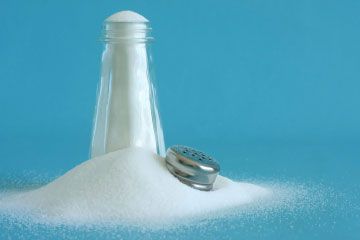
Love the taste of salt, but not keen on the adverse health effects? Turn to a salt substitute instead and live a longer, more flavor-filled life.
It's widely known that people all over the world consume far more sodium than they should and not enough potassium. This is a big deal because sodium, one of the two ingredients in salt, is definitively linked to high blood pressure, thus increased risk of heart disease, stroke and death. (The other ingredient in salt is chloride.) A study published in the New England Journal of Medicine (NEJM) Aug. 29, 2021, suggested that using a salt alternative would add a protective component and significantly lower the risk of these dangerous health complications.
Advertisement
The study is the first large-scale effort to examine the benefits of salt substitutes versus regular salt, and involved nearly 21,000 villagers with an average age of 65 in rural China over a five-year period (although the COVID-19 pandemic affected that timetable slightly). The participants all had a prior history of elevated blood pressure and/or stroke.
In the study, half of the participants were instructed to cook and season using a salt substitute they were given. This product was 75 percent sodium chloride and 25 percent potassium chloride. (Potassium can lower blood pressure.) They were also encouraged to use less than they normally would. The control group, however, was instructed to continue with business as usual in terms of salt use, with a product that was 100 percent sodium chloride.
The findings were overwhelmingly in favor of the salt substitute, as that group had 13 percent fewer major cardiovascular events (strokes and heart attacks) and 12 percent fewer premature deaths than the group that continued with regular salt use. These findings imply that salt substitute use could save 460,000 Chinese lives every year, possibly thousands more on a worldwide scale.
"While salt substitutes are a bit more expensive than regular salt, they're still very low-cost – just a few dollars a year to make the switch," said lead study author Bruce Neal, executive director of The George Institute for Global Health Australia and professor of medicine, in a statement. "As well as showing clear benefits for important health outcomes, our study also allays concerns about possible risks. We saw no indication of any harm from the added potassium in the salt substitute. Certainly, patients with serious kidney disease should not use salt substitutes, but they need to keep away from regular salt as well."
Advertisement


